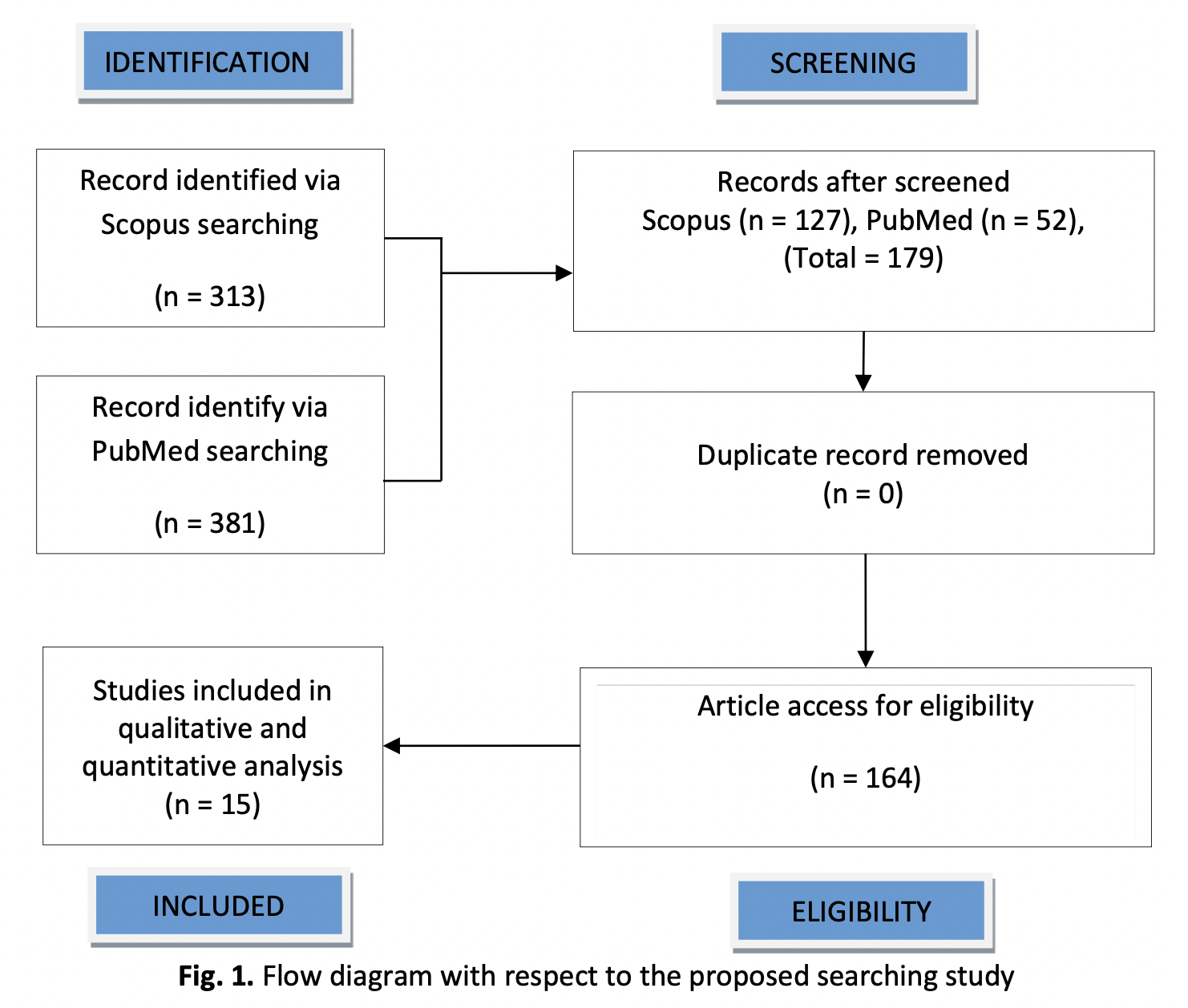Mental Health Digital Interventions Technology: A Systematic Review
DOI:
https://doi.org/10.37934/araset.33.3.124136Keywords:
Mental health, interventions, digital technology, young adult, studentAbstract
The well-being and quality of life of an individual are greatly influenced by their mental health. Regardless of these functional as well as emotional issues, relatively few individuals seek therapy because of obstacles including stigma and a lack of funds. Numerous mental health disorders and problems were found to benefit from digital interventions. A known standard practice for performing a systematic literature review, the research applies the pre-recording systematic reviews Preferred Reporting Items for Systematic Reviews and Meta-Analyses (PRISMA) technique. Two databases, PubMed as well as Scopus, from the years 2020 to 2022, were employed to analyze the study's approach. Therefore, this study proposed a thorough and systematic analysis of the intervention method and the efficacy of digital treatments applied to enhance mental health in a setting relevant to students and young adults . The research findings of this study revealed two main themes, namely intervention technology medium and the effectiveness of digital interventions implementation on mental health. The reviews will educate academics and those who offer digital interventions about how to leverage technology-based tactics to increase participation in such activities.
Downloads





























